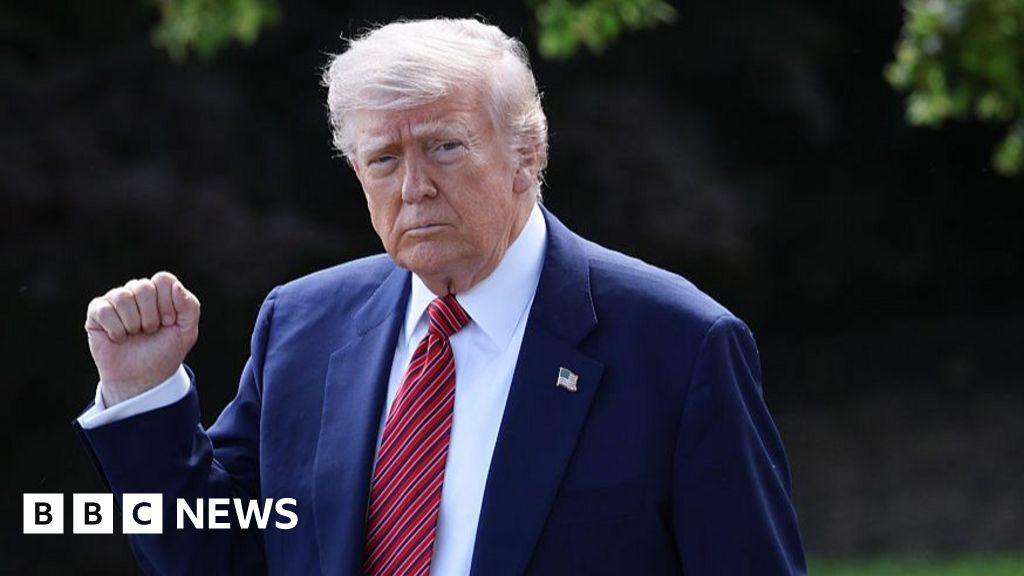- Music
AOLEarly Walmart Deals to shop this weekend
时间:2010-12-5 17:23:32 作者:Tech 来源:Sports 查看: 评论:0内容摘要:One of those attending the demonstration was Majdi Awwad from Tulkarm in the West Bank who is now living in Edinburgh.One of those attending the demonstration was Majdi Awwad from Tulkarm in the West Bank who is now living in Edinburgh.
At 19, he must have been petrified.“Honestly,” he said, “I would rather have been anywhere else.”

Yet his modesty was humbling.“We did what we had to do,” he told me. “I don’t feel like a hero, I’m glad we were able to help. I feel good about that.”France feels conflicted about its own wartime history. The country was split after it signed an armistice agreement with Nazi Germany in 1940. The Germans occupied northern France and all along the Atlantic coast, to the Spanish border. The south was managed by France’s Vichy government, which collaborated with the Nazis.

Yet D-Day events marking the contribution of French men and women who worked for the French Resistance seem somewhat muted, compared to the boisterous array of events commemorating Allied soldiers.“I don’t forget them. Please don’t forget them,” urged Catherine Nivromont, looking at me intently with her clear blue eyes.

Catherine’s brother, Pierre, was just 17 in 1944. He worked with other Resistance members, gathering intelligence on German positions along the Normandy coast, to help Allied forces plan their June assault.
Pierre was in touch with locals who did German soldiers’ laundry. Their clothing was marked with battalion details, revealing the quantity and location of troops.But two new pieces of research offer some insight. The first, a survey of Chinese attitudes towards the economy, found that people were growing pessimistic and disillusioned about their prospects. The second is a record of protests, both physical and online, that noted a rise in incidents driven by economic grievances.
Although far from complete, the picture nevertheless provides a rare glimpse into the current economic climate, and how Chinese people feel about their future.Beyond the crisis in real estate, steep public debt and rising unemployment have hit savings and spending. The world’s second-largest economy may miss its own growth target - 5% - this year.
That is sobering for the Chinese Communist Party. Explosive growth turned China into a global power, and stable prosperity was the carrot offered by a repressive regime that would never loosen its grip on the stick.The slowdown hit as the pandemic ended, partly driven by three years of sudden and complete lockdowns, which strangled economic activity.
- 最近更新
- 2025-07-07 05:35:41At least 100 people killed as gunmen attack Nigeria’s Benue: Rights group
- 2025-07-07 05:35:41The best hair growth products of 2025, according to hair loss experts
- 2025-07-07 05:35:41China’s Xi Jinping meets Central Asian leaders: Why their summit matters
- 2025-07-07 05:35:41UK sea temperatures soar after exceptionally warm spring
- 2025-07-07 05:35:41Giant of African literature Ngũgĩ wa Thiong'o dies aged 87
- 2025-07-07 05:35:41University names building after Benjamin Zephaniah
- 2025-07-07 05:35:41Man extradited from Dubai charged with murder
- 2025-07-07 05:35:41Guardiola wants more after Man City thump Al Ain at Club World Cup
- 热门排行
- 2025-07-07 05:35:41Air India plane crashes shortly after takeoff, carrying more than 240 people
- 2025-07-07 05:35:41Planned data centre could create up to 1,000 jobs
- 2025-07-07 05:35:41The Dual Mandate and the Balance of Risks
- 2025-07-07 05:35:41The secretive US factory that lays bare the contradiction in Trump's America First plan
- 2025-07-07 05:35:41save even more on your car insurance
- 2025-07-07 05:35:41'Ocean darkening' a cause for concern - scientists
- 2025-07-07 05:35:41taking a defensive driver course
- 2025-07-07 05:35:41'People show me their intimate tattoos of my album art'
- 友情链接
- Trump administration defends Iranian strikes as some lawmakers question its legality 2 hours ago Climate change is boosting the risk of sleep apnea The debt limit, the origins of the X Date, and why it all matters How Gabby Giffords is grappling with the rise in political violence Pilot who died in N.C. plane crash tried to avoid a turtle on airport runway Opinion: From tragedy, words of wisdom Keyboard shortcuts for audio player Alex Isley: Tiny Desk Concert Keyboard shortcuts for audio player 5 tips to keep your pet safe — and comfortable — in extreme heat FedEx founder Fred Smith, who revolutionized package delivery, dies at 80 Social Security benefits face big cuts in 2033, unless Congress acts The Indicator from Planet Money FedEx founder Fred Smith, who revolutionized package delivery, dies at 80 Israel strikes Tehran and Fordo site, as Russia backs Iran in deepening conflict Keyboard shortcuts for audio player Fed holds interest rates steady, signals rate cuts of 0.5% later this year What separates the ultrarich from the just-plain-rich? The gigayacht. What Does the Israel-Iran War Mean for the Middle East? In this rural Colorado valley, cuts to Medicaid would have vast ripple effects Covering the military parade and a No Kings rally on the same day Alex Isley: Tiny Desk Concert Planning to be outside in the extreme heat? Take these precautions Alex Isley: Tiny Desk Concert Climate change is boosting the risk of sleep apnea Fed holds interest rates steady, signals rate cuts of 0.5% later this year As Israel recovers the bodies of three more hostages, how many are still in Gaza? Social Security benefits face big cuts in 2033, unless Congress acts LA Dodgers pledge $1 million in support of immigrants amid ICE raids Social Security benefits face big cuts in 2033, unless Congress acts
